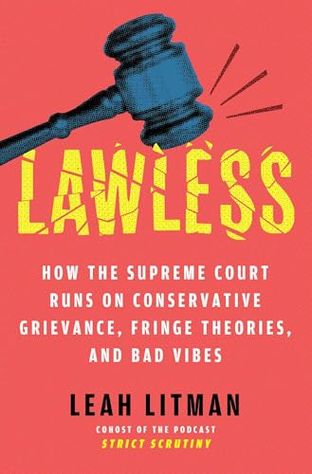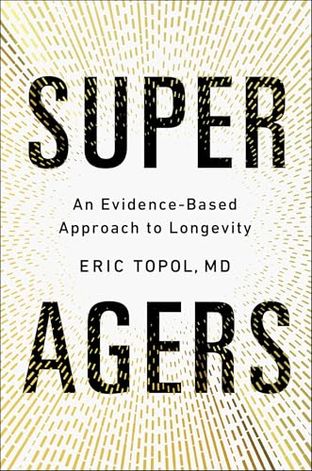Review of Lawless
by Johny McFliggen, PhD Literature & Business, Oxford
In a world where the fictional boundaries of law and justice seem as mutable as the plotlines of a David Lynch film, Leah Litman's "Lawless" emerges as a speculative tour de force that I wish existed. Given Litman's razor-sharp legal mind and her penchant for dissecting the American judicial landscape, we can imagine "Lawless" as a cerebral journey through the murky waters of constitutional law and its occasional lapses into chaos, much like an episode of The West Wing but with more gravitas and less Aaron Sorkin idealism.
Litman, a luminary in legal scholarship, would likely craft "Lawless" with the precision of a seasoned surgeon. Her background—clerking for Justice Anthony Kennedy and her tenure at the University of Michigan—equips her with both the insider's view and the academic rigor necessary to examine the Supreme Court's recent trajectory. Imagine her taking us on a deep dive into the current conservative majority's maneuvers, akin to Bob Woodward's peeling back of the judicial curtain in "The Brethren."
In the imagined pages of "Lawless," I envision Litman deftly arguing that certain Supreme Court justices have become guardians not of blind justice, but of partisan ideology. She would expose this judiciary as a bastion for religious conservatism and Republican agendas, making comparisons to Jeffrey Toobin's "The Nine" inevitable. Litman would not merely describe these shifts but analyze their implications for democracy, much like how she eloquently untangles complex legal threads in her podcast, Strict Scrutiny.
While there are no existing reviews or accolades to elevate "Lawless" into the annals of nonfiction fame, one must acknowledge that Litman's insights into the judiciary have already garnered respect in legal circles. This hypothetical book would surely stand alongside the greats—those tomes that dissect the court’s inner workings with both critical eye and scholarly touch.
In the absence of "Lawless," we are left to ponder: what does it mean when those tasked with interpreting law seem increasingly lawless themselves? Litman might argue that it's less about anarchy and more about a calculated dance, where judicial decisions waltz perilously close to political choreography. This imagined book is more than a mere critique; it is a call to understanding the fraught interplay between law and politics in America today.
In sum, if Leah Litman were to grace us with "Lawless," it would be an incisive commentary on the high stakes game of American jurisprudence—a book that would undoubtedly provoke thought and discussion long after its hypothetical release. Until then, we are left to speculate on the rich tapestry she could weave, combining her legal expertise with an unflinching look at the state of our highest court.
Purchase Link: Lawless on Amazon



